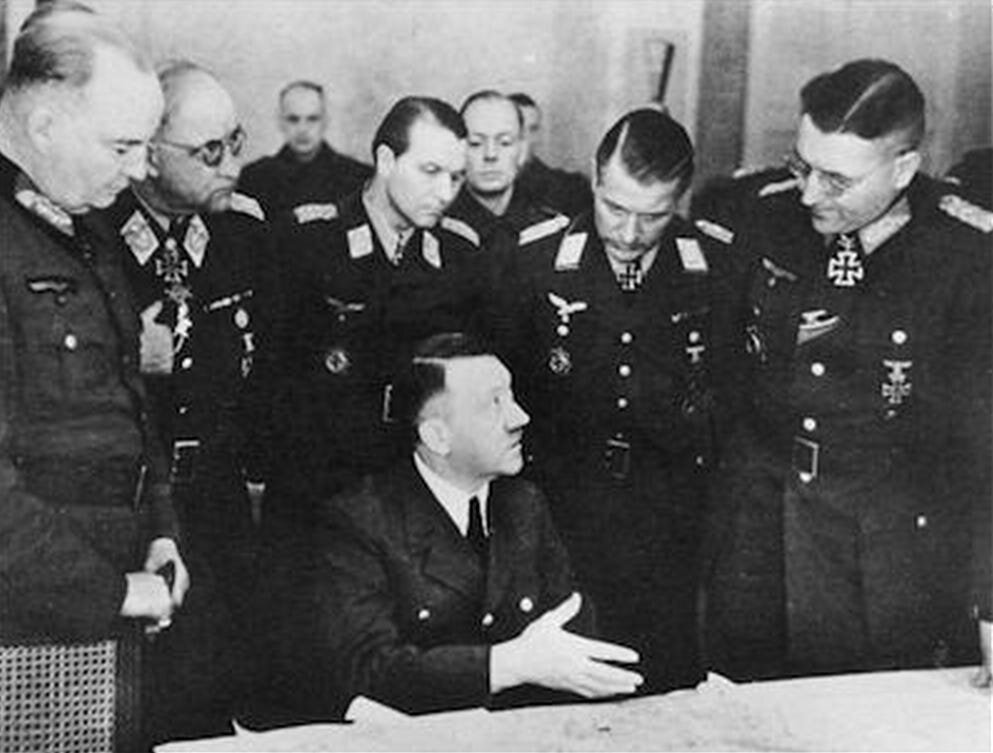Strategy must evolve with the changing environment of war, and this means strategic thinking must consider the power derived from the nexus of clear objectives and a unified narrative. Commanders and their staff cannot afford to dismiss political considerations in warfare or great power competition. They must think of objective and narrative as tools for the design of campaigns, be they security force assistance or large scale combat operations.
Distributable Platforms and Determined Marines: The Necessity of Operational Art in a 21st Century Marine Corps
As the Marine Corps continues to posture itself for a challenging, uncertain future, it is crucial that the organization uses this transformation process as an opportunity to revisit its foundational doctrine and adjust where needed to carry the service forward into the 21st century. Although strings of operational thinking already exist within the service’s doctrine and culture, the concept of operational art remains strangely excluded. As with the incorporation of any new idea into doctrine, it will require deliberate development, creative implementation, thoughtful application, and education to harvest a worthwhile return on investment.
The Importance of the Strategic Level: Germany in the Second World War
When looking at the different German levels of war, what mostly doomed Germany is its ideology-inspired, apocalyptic, and unrealistic strategy. The Third Reich’s flawed strategy led it to declare war on both the Soviet Union and the United States; fail to recognize that its operational ways were not necessarily appropriate to obtain its strategic ends; stubbornly refuse to capitulate when defeat was most likely; and prefer total destruction over limited defeat.
Cosmic Thinking: A Ptolemaic View of Military Decisions
Operational and strategic level leaders cannot get caught in the rapid pace of tactics, but neither can they ignore the fact that decisions at the tactical level must proceed at the pace demanded by the situation. When operational and strategic leaders increase the pace of decision-making, it can lead to a chasing of the bright and shiny object mentality. Decisions in these orbits include a set of dialogues and tend to be iterative. Further, leaders at all levels must consider the complexity of decision making at each level above and below them.





